A year of war in Gaza has destroyed the lives of Palestinians in the Strip, who have faced not only direct violence but constant displacement and dire medical and humanitarian needs.
Doctors Without Borders/Médecins Sans Frontières (MSF) has been calling for a ceasefire in Gaza for a year, yet Israel, Hamas, and world leaders have failed to stop the killing. A ceasefire would mean that the civilians, including children, who are killed today would still be alive tomorrow. Without a ceasefire, more lives will be lost, and people will continue living in fear.
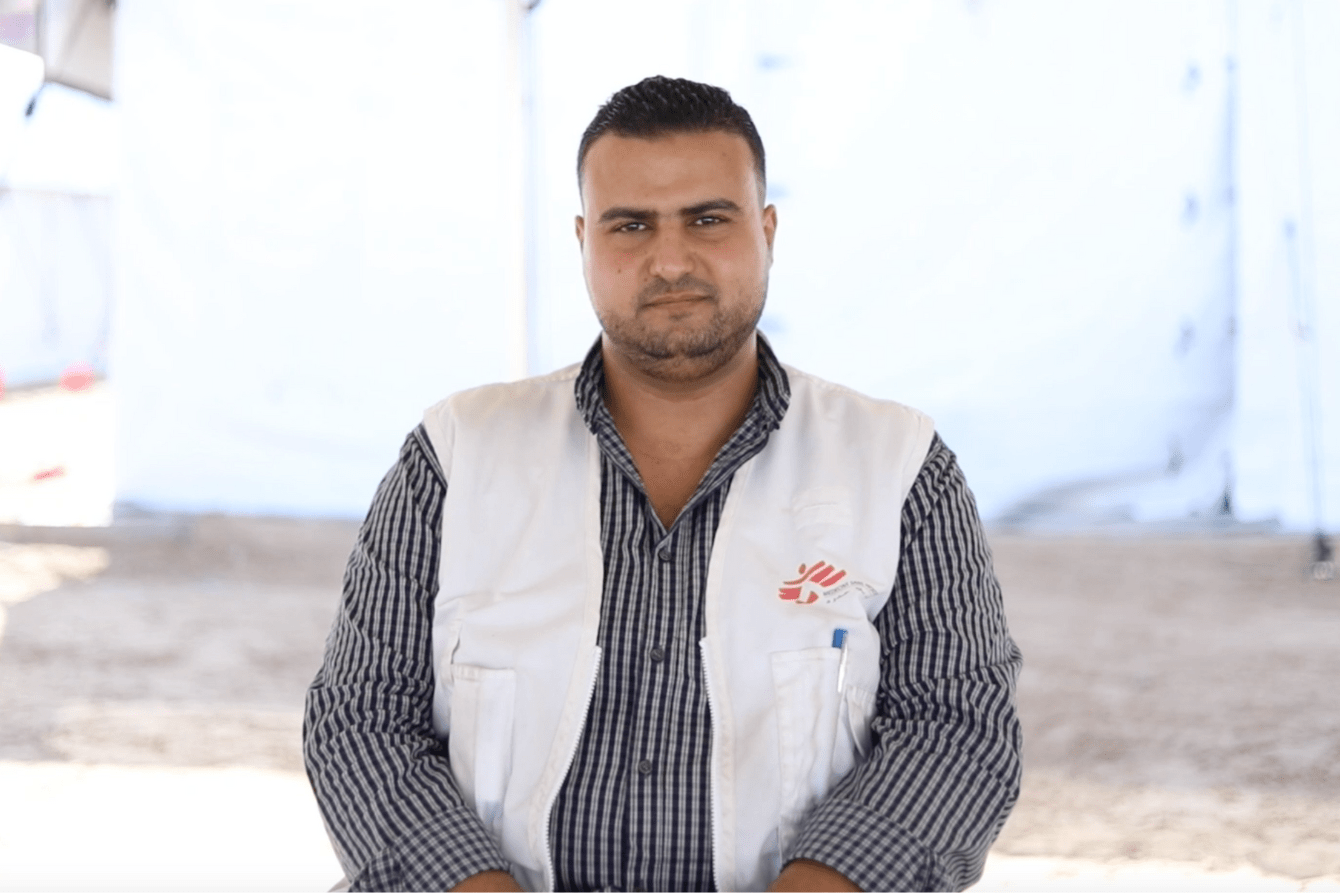
"I'm willing to pay any price just to hug my child"
To be honest, a ceasefire has become a dream for us. It means a lot of things. It means that I could see my son, who I haven't seen for seven months. He left Gaza for Egypt when he was 14 months old. Everything in his life changed during this period. I missed out on him growing up, from his first steps to the first words he spoke, his choices, his games—so many things in his life. For me, it has become a dream to see my son with my wife during this period. My wife has a big burden as she has she played the role of a mother and a father at the same time, because she wanted to make up for my absence in her life during this period.
My biggest nightmare is, will my son forget me as his father? I talk about this with my wife. She reminds him of me and we talk to each other. We make video calls and try to show him that life is normal even though life is far from normal.
The things that we are losing now are irreplaceable. I know that every step or every change in my son's life during this period is irreplaceable. These things are gone forever and will not happen again. They happen once in life. Because of the war, I missed out on all the monumental things I was deprived of, like seeing my family regularly—my father, my mother, and my brothers, who are currently living in one area.
For us, a ceasefire has become a dream.
We try to bring back even a small part of our normal life during this period. I miss Fridays when we would gather all the family together with my father, my mother, and my brothers. We are all currently missing these things. Honestly, with the nature of my job, there are many difficult situations we have faced during this war, such as the children we see in the hospitals’ emergency departments. I will never forget, in July, when there were mass casualties arriving at Nasser Hospital, there were two children, a boy and a girl, in the makeshift emergency room. They were on the ground, covered with blood. They girl lost a large part of her tissue and muscles in the thigh area. They were waiting on the ground— they didn't even have a seat to receive medical care properly.
Our lives are full of challenges. Providing basic necessities requires immense effort and numerous challenges. It is such a struggle to get clean water, to get soap to wash your hands. Finding soap or shampoo in the market now brings joy due to its rarity. I'm willing to pay any price just to hug my child, and nothing more.
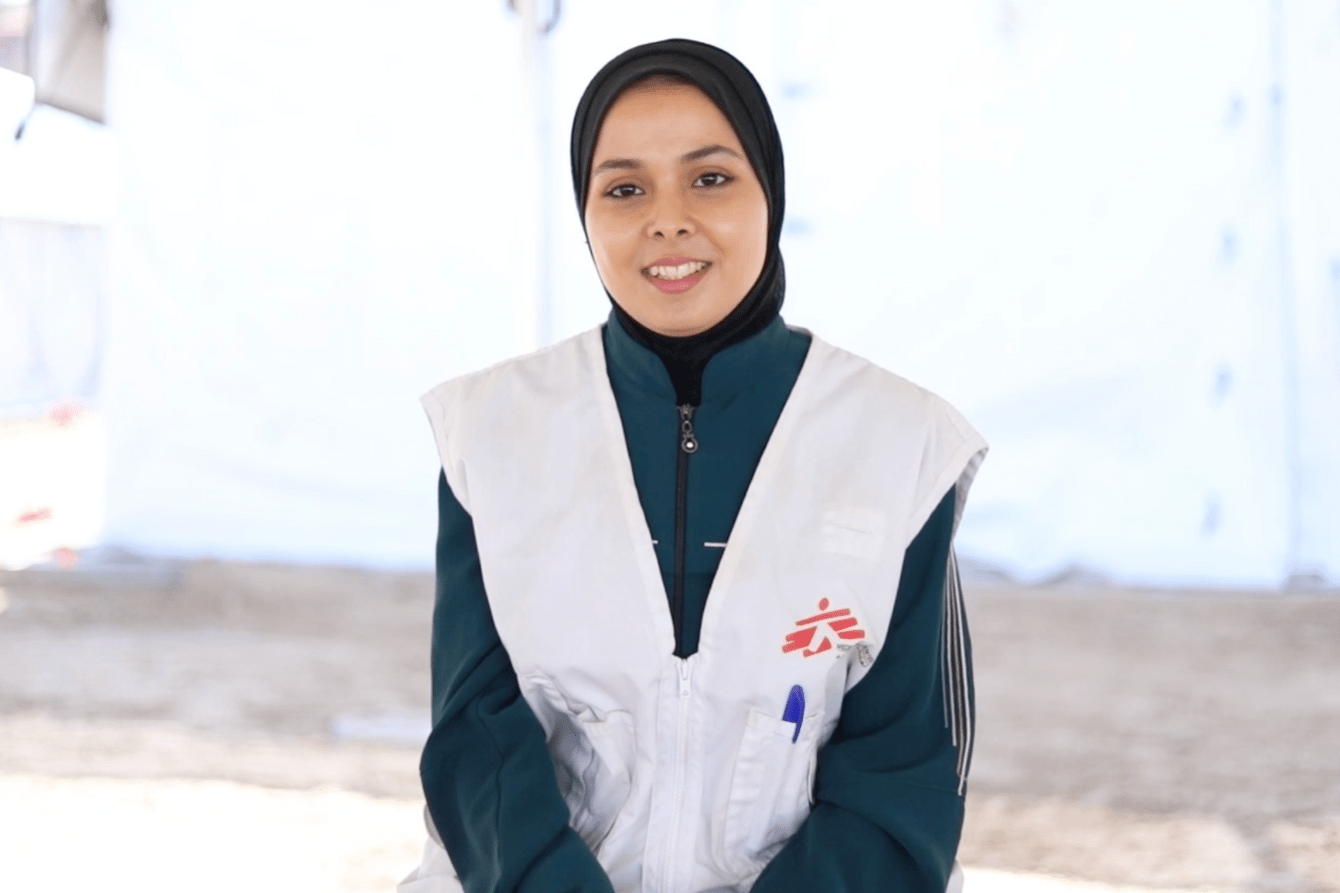
"I hope to be reunited with my fiancé"
A ceasefire is a dream for me. It means a lot to me but I feel it is becoming more impossible.
The most important thing [would be] feeling security and stability. Because every day, especially in our job as doctors, we have to go out for long periods of time when we leave home, and we don't know if we will return home or not. Even during long, busy shifts, I keep up with the news. You fear something might happen near your family when you're not there and regret not being there to help.
I always have this feeling of fear. The sense of stability fades with new evacuation orders every day; we have to collect all our stuff after settling in a certain place, we have to move to another place. Repeated displacement ... nearly 100 times. So we have lost that feeling of stability. Maybe this is the most important thing we all need.
But a ceasefire will not bring back the people we have lost.
Three months before the war I got engaged and I was preparing for the wedding. I was happy with all the details of preparing the wedding. Of course, after October 7, I won't be able to do what I dreamed of. But at least I hope to be reunited with my fiancé, because he stayed in the north, and I came to the south. Maybe the thing I wish for most is to see him again.
We will try to continue our lives on the rubble of the past. Even if it's not the way we imagined it before.
Maybe this war taught us the value of family, and that we [should] try to spend more time with our family because at any time, we risk losing them. I miss our warm family gatherings over tea and breakfast. We used to watch TV series together in the evening. I also miss my friends in the north. Half of them are still there ... I also miss walking in Gaza’s streets. It was so full of people, with pretty lights. I miss Al-Shifa Hospital, where I used to work. Unfortunately, I won't be able to go back. The memories of the hospital are still stuck in my mind. I spent a lot of time there and wish I could return one day.
My life stopped on October 7 ... I hope life will continue. I know it's impossible but I'm in denial and can't comprehend what's happening. I used to work at Al-Shifa hospital until it was evacuated. We had to cross the border to the south. Honestly, this was a moment I will never forget. Crossing [into southern Gaza] was scary; I saw bodies on the ground, and there were flies on them. I saw people's clothes on the ground and couldn't tell if they were alive or not. It was humiliating. I felt like there was no turning back from that checkpoint. I feel like I've lost my country and identity.
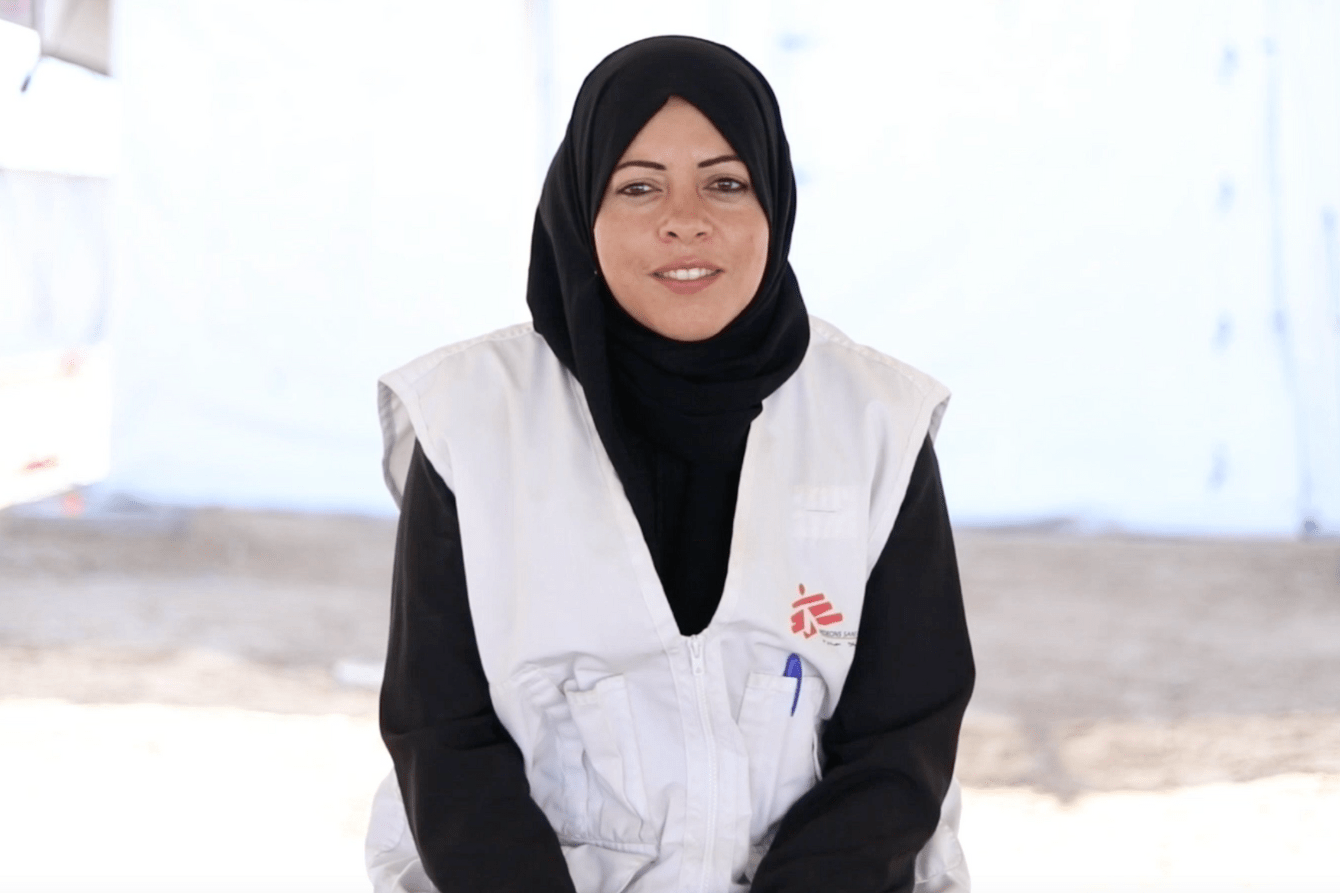
"I wish for the war to stop so we can live a normal life again."
A ceasefire has been our long-awaited hope for more than a year. It would mean that I can sleep without thinking that the house might collapse on me or that I might wake up and find myself buried under rubble. A ceasefire would mean I can go to work feeling relaxed and reassured that my children are safe, that I can walk in the street without fear ... A ceasefire is what we’ve been waiting for over a year. A ceasefire would mean that we can live a peaceful life ... [it would mean] returning to the life we lived before October 7.
I long to go back to my home and live a normal life, to send my children to school in the morning, to sit on the balcony, drink coffee, and listen to Fairouz. To live the life we had before October 7. I miss it so much—family gatherings, seeing my mother, whom I haven’t seen for over a year.
I wish for the war to stop so we can live a normal life again, for my children to go back to school and continue their education. My son should be in his second year of university by now and my daughter should be in her final year of high school.
I hope the war ends peacefully and that we survive it ... The hardest thing I will never forget in my life was when the house was shelled while my children were inside, and I found out that the house was bombed. That night, I couldn’t sleep for a single minute because I couldn’t contact my children. There was no communication. I didn’t know what happened to them, whether they were alive or dead.
The first thing I want to do when I hear that a ceasefire has been declared is hug all my children together and thank God for saving them for me.
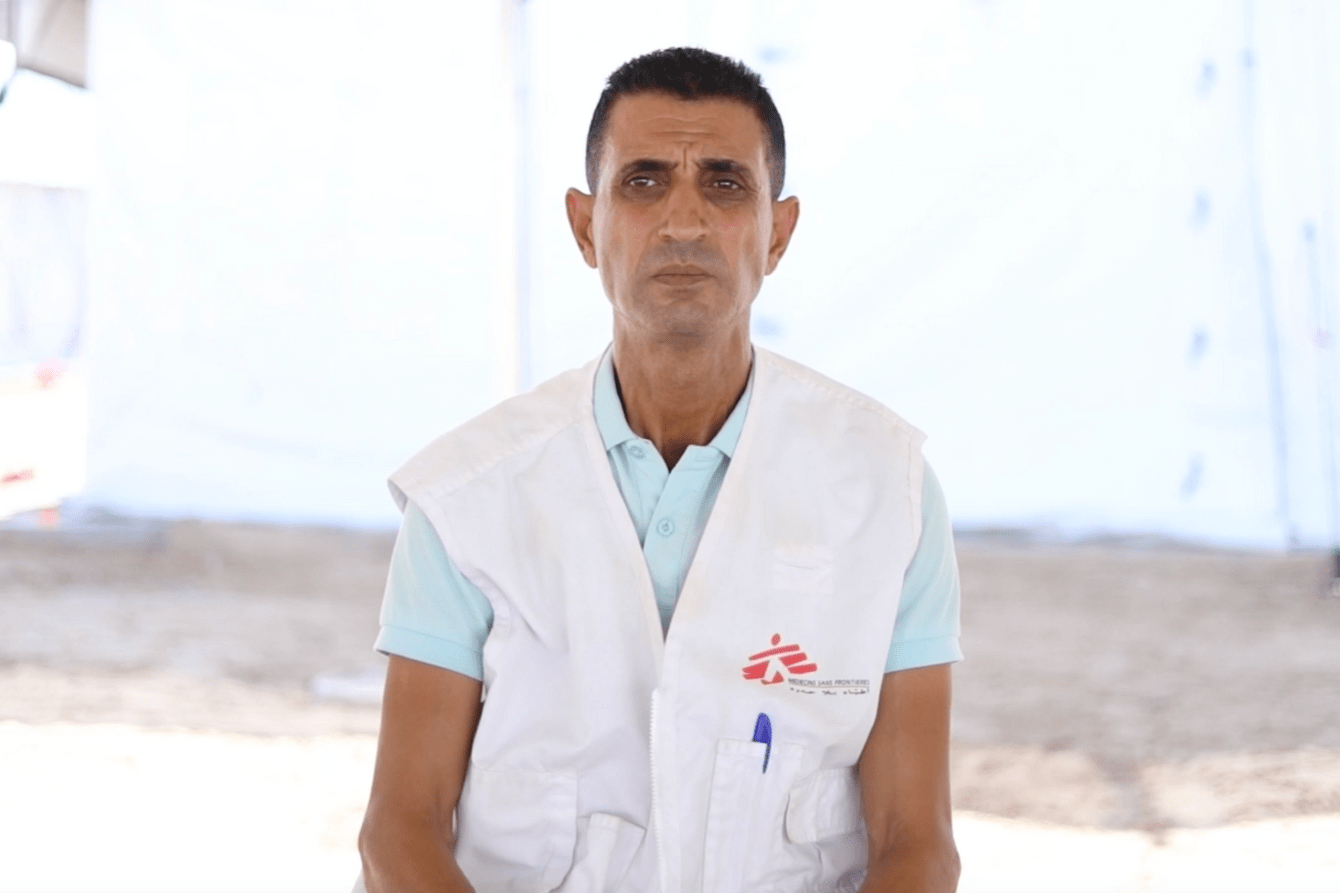
"I just want the good days to return"
A ceasefire means a lot to me. First of all, my wife and children are in Gaza [City]. I haven’t seen them in 11 months. I suffer daily because I haven't seen them and because of the dangerous situation in Gaza. There’s bombing day after day, night after night. I can’t sleep because of the continuous bombing.
I wonder [about my family], how are they doing? Was the house bombed or not? It’s a very stressful situation.
My situation has also become difficult. Psychologically, I’m exhausted. I haven’t seen [my family], and I’m here in the south. The situation is extremely difficult because every day there’s displacement. And every day, there are evacuations from one area to another ... sometimes there's no network. You go two or three days without communication and you’re constantly worried about [family]. For me, there is also suffering because every day there’s displacement from one area to another.
A ceasefire has become a dream for everyone. My dream is for the ceasefire to happen so that people can live a normal life again and return to their normal state, our previous life. I have been through six wars with MSF. I was always on the front lines at work. Every day, I was going to my job, sitting with friends, with colleagues.
The thing that affects me the most is my mother, because I can’t see her. I was in the south when she passed away. I hope and wish to visit her grave, or the grave of my sister, who was [also] killed, and my nephew. What I miss the most is my wife and children. I just want to be with them, I want them to be in my arms. I’ve been away from them for 11 months, almost a year now.
I just want the good days to return, like before. I hope the war stops and peace and stability return. [I hope] everyone returns to their homes and we rebuild Gaza. It has become our life’s wish to not hear gunfire or bombing, because this has affected us greatly. I wish for peace to prevail in all countries.
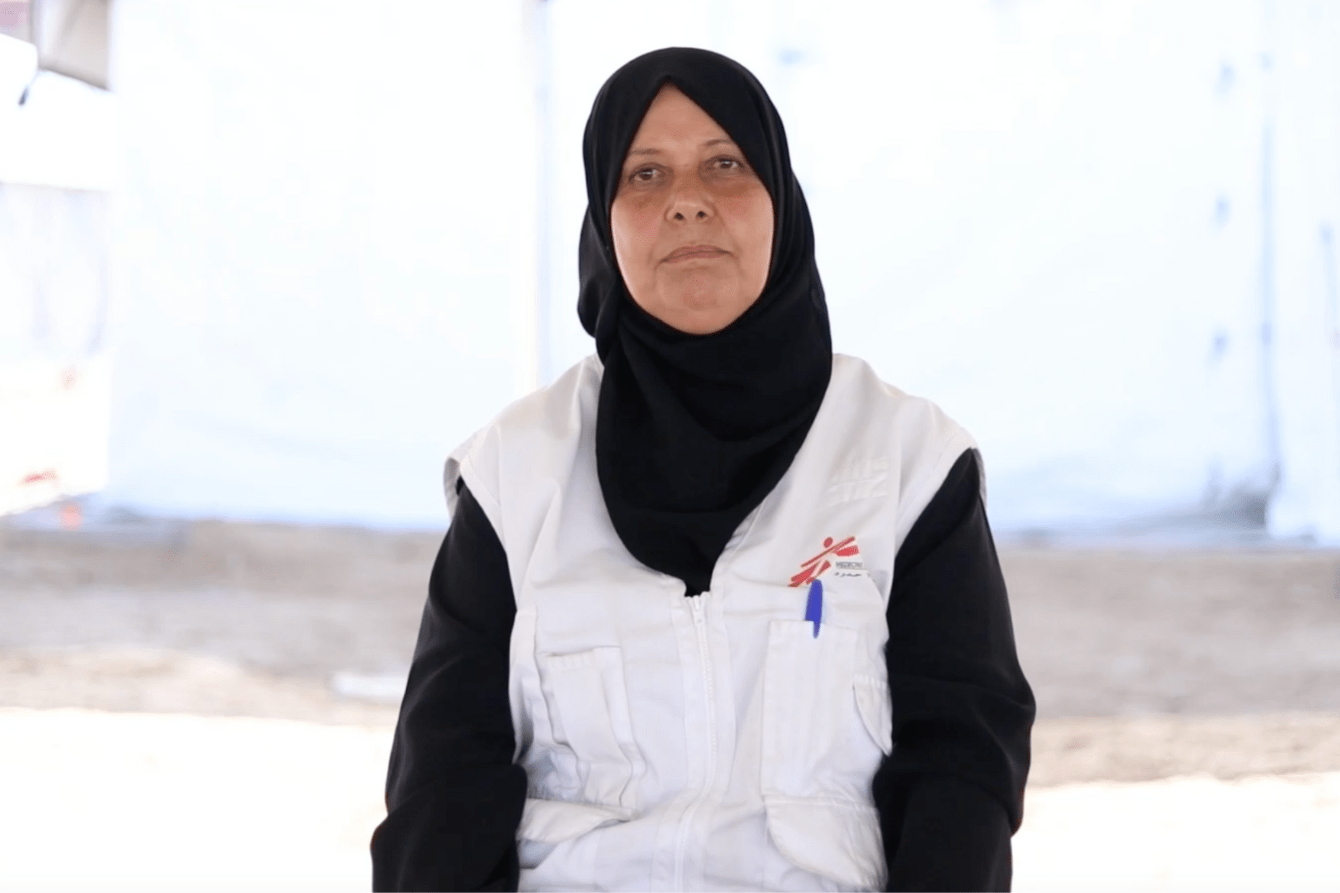
"I want to die in one piece"
A ceasefire means that I am going back to my house that was bombed. It took 15 years to build it, and I had been working on it [before] it was destroyed. In a moment, I lost my all of my house. It is a pile of stones now.
I want to go back to see my daughter in the north. She is sick from the war and has suffered greatly. She was in great need of me but I couldn’t be with her. I want to see my brother's grave. He was killed during the war and my other siblings, my family, and relatives. I want to see my country, family, people, I want to see what happened to the north of Gaza. What more can I say?
I miss my daughter, a piece of my heart. I am deprived of seeing her. I see her in video calls, but the connection is difficult. I wish I could see her, check on her, and see what condition she is in. The house next to my daughter's was bombed. She was in the bathroom and screamed, which caused her psychological trauma. She is in a better condition now, but remembering the past worsens her state.
Thank God, we lived under siege before, but we had the ability to overcome the pain back then. But now we are in a pain that only God knows. We are suffering. Every day, we expect not to wake up the next day. Every day, we expect to be bombed and killed.
I want to die in one piece. When I look at the TV, I see the remains of people who have been killed. My heart breaks. My tears are falling. I can't sleep at all, neither at night nor during the day. The warplanes are near us.
I don't cry for myself; I cry for the children, pregnant women, and the elderly. My husband is in the West Bank, and I'm here alone. I am both a mother and a father to my nine children, as I am their guardian. May God help me through this difficult journey. We have adapted to the war, but we've never seen one like this. Thank God for giving us strength and determination.
May the war end, and may we return to our destroyed homes. We will build tents on top of our homes [to live in when we return]. We thank God for everything.
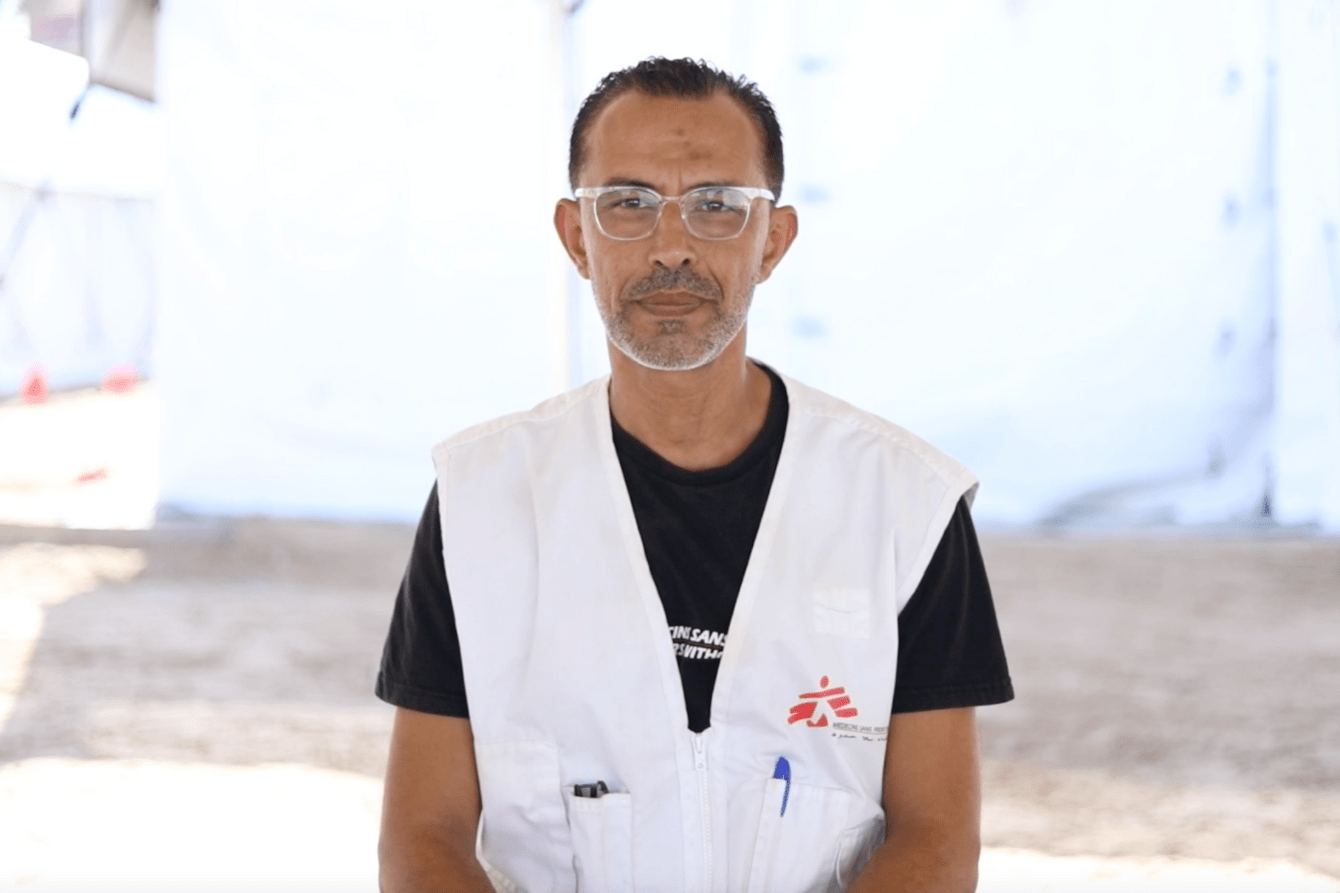
"I remember every corner of my house"
I had a house, a family. I remember every corner of my house—the living room, the bedroom, the garden. It was my dream to have this house. I was working with my wife to build and to have it like this. Sitting, chatting, laughing, smiling, joking. We could buy whatever we wanted—sweets for the kids, chocolates, vegetables, fruits. We were making plans. We had dreams. Our kids were growing up before our eyes. We were planning for their future.
All of this changed suddenly, on the 7th of October. Drinkable water was not available, food was not available. We went to Rafah, on the coastal side, in what is called the humanitarian zone—[but] it is not a humanitarian zone. It was hell because strikes didn't stop.
How can I protect my family on a daily basis? I managed to take my family out of Gaza to go to Cairo. Now I'm alone since February. I have moved maybe five times from my place in Rafah. I need to evacuate. I struggle to go to the toilet, the shared toilet, [because it is] busy and I have to wait. I'm far from my family. I feel lonely, mentally tired. I need to reunite with my wife, my daughter, my two boys.
The first thing [I’ll do], when the war stops, I will do my best to go to Cairo in Egypt to meet them. I will try to cross to Gaza City to see my house, if it is still standing or not.
[...]
A ceasefire means many things for me, mixed feelings of sadness and happiness at the same time. The first thing I would like to do is go and see my house in northern Gaza, my house with all my memories from the past 24 years. I want to know if it has been demolished or not. I will try to reach my family living outside the Gaza Strip. My wife and my children, I want to be with them again. These are the two most important things.
I miss [my wife and children] so much. I hope to see them as soon as the war is over.
What do I miss most from my previous life? Everything! My memories have almost been erased, memories of the last 24 years in Gaza have mostly faded so all that is left is my family. I hope they are always safe, as they now are, and that God will reunite me with them.
What do I hope for most? [That is] a question that comes to mind repeatedly. I want to hug my wife and children.




